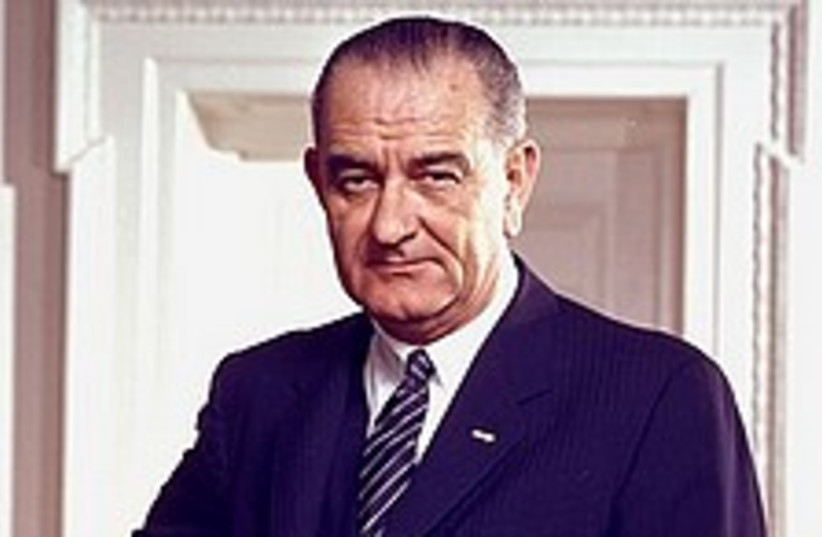Smart. Unpretentious. Honest. Accessible. Dedicated.
From afar – long ago, I interviewed Cokie Roberts and her husband, author Steven Roberts, for articles about books they had written – that’s the image I had of this remarkable woman.
This book, which follows her along several tracks – wife, mother, journalist, friend, storyteller, believer – confirmed those impressions.
Cokie, who passed away in 2019 from breast cancer, was the ultimate Washington royal. Both her parents, Hale and Lindy Boggs, had been members of Congress representing New Orleans. He was the House majority leader when he died in a plane crash, in 1972; she was US ambassador to the Vatican after a long career as a Washington lawmaker. Speaker of the House Sam Rayburn frequently visited the Boggs’ home in the 1950s, President Lyndon B. Johnson and his wife Lady Bird came to Cokie and Steven’s wedding in 1966.
But, writes Roberts, she didn’t think of herself as a scion of a most powerful political family. She often called herself a “suburban housewife,” her husband says. “She loved hearing from young women who had followed her on the radio or watched her on TV or heard her at their school and said to themselves, ‘I can be Cokie Roberts. I can be that smart, that confident, that powerful.’”

She was the ultimate people person. Roberts notes, “She did something to help a friend every single day of her life and on many days, she did many things: wrote a note, made a call, sent a check, delivered a gift, offered a hug, held a hand, shared a meal, comforted a child, gave a talk or answered an appeal. Her door, and her heart, were always open.”
For the “Friends” chapter, Roberts interviewed some 25 women. They all tell similar stories: No matter what, Cokie was always there for them, ready to drop everything and come to their aid; her counsel was always wise, helpful, life-changing; she taught them to succeed – whether it was what to wear for an event, what to say, how to relate to the men they worked with or the primacy of their children and families; without her, they probably would not have become loving mothers, prescient journalists and commentators, or successful executives; Cokie and each woman were BFF (best friends forever).
Then there’s the question of her genuineness. Roberts writes that she fought with Roone Arledge, head of ABC News, who wanted the women on his network news shows to be more glamorous.
“It’s not that I don’t appreciate makeup,” she said in an interview with the woman’s magazine Lear’s. “I want to look like me, only better, not like somebody else. I don’t want to look like some glamorous 22-year-old – I’m the mother of a glamorous 22-year-old.”
Her faith was important to her. She was a lifelong, enthusiastic Catholic, emphasis on enthusiastic. Once at a speech, she was asked what her favorite Sunday news show was. Mass, was her answer. After her appearances on the ABC Sunday morning show This Week, she would, in the words of a friend, “plop her straw hat on, her bonnet or whatever,” and go to church.
Cokie and Steve had to work hard to overcome their religious differences, he writes, although the fact that his Jewish identification was based mainly on tribal and traditional loyalties unencumbered by Jewish ritual and faith was a foreign concept in his family probably mitigated whatever religious tensions existed.
However, Cokie, wanting Judaism “to be part of our marriage,” decided to celebrate the Hanukkah candle-lighting, and the Passover Seder. In the process, she earned the title of the best Jew in the [Roberts’] family.
In 2011, Cokie published Our Haggadah: Uniting Traditions for Interfaith Families. “I’ve often joked,” writes Roberts, “that I was certainly the only Jewish guy from Bayonne, NJ, whose mother-in-law became ambassador to the Vatican. I’m pretty sure Cokie was the only daughter of an envoy to the Holy See who wrote a Passover Haggadah.”
Professionally, she wrote six books – two with her husband on interfaith relations and four on women’s contributions to history – and became quite a bigwig, both at National Public Radio and at ABC News.
But, the woman I will remember is the one I used to hear on NPR’s Ask Cokie, in which she explained to listeners some seemingly complicated piece of legislation or political maneuver clearly, concisely, but with elegance and humor.
Sure, Cokie was written by a loving husband, usually not the most objective or reliable of sources. I don’t believe Steven Roberts would object if called this book a 248-page love letter from him to her.
Nonetheless, the evidence he presents on her behalf is overwhelming.
If she was half as good a person as he portrays – and her many friends remember – she was a hell of a human being.
The writer’s memoir, Figs and Alligators: An American Immigrant’s Life in Israel in the 1970s and 1980s (Chickadee Prince Books), is available online and at bookstores.
Cokie: A Life Well Lived
By Steven V. Roberts
Harper Collins
248 pages; $27.99
